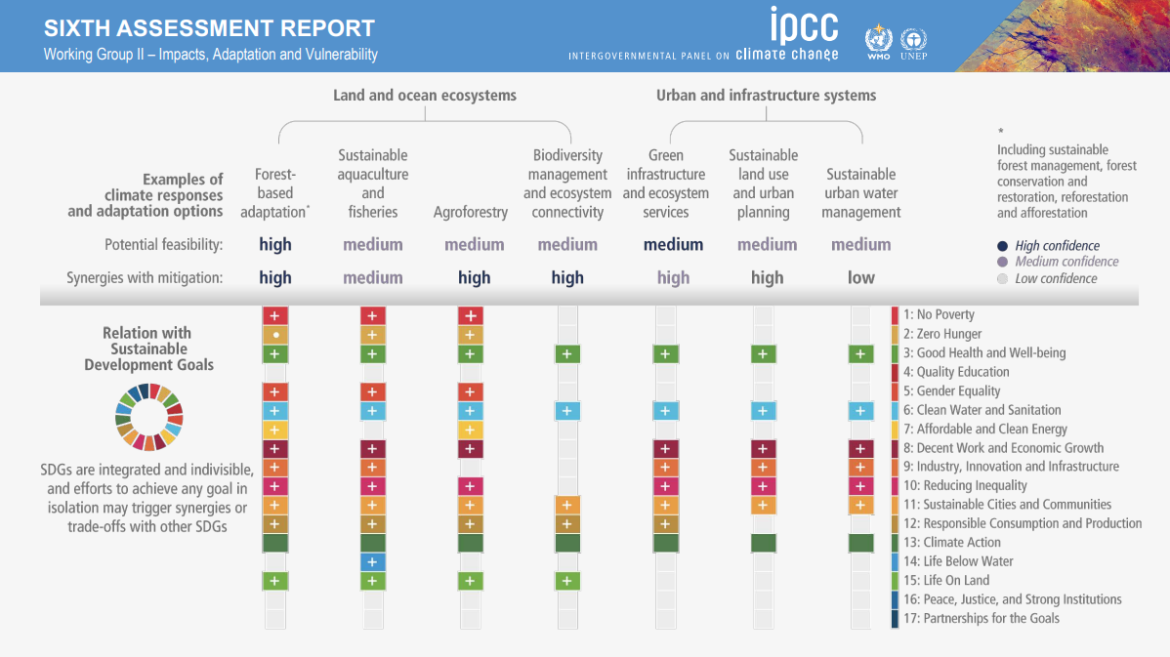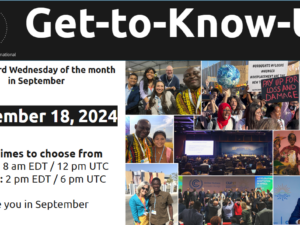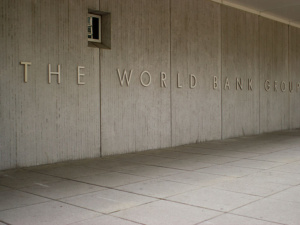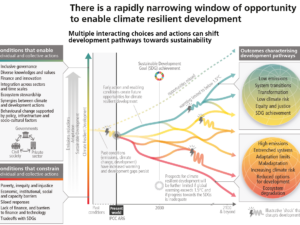
Laser Talk: IPCC report on Impacts, Adaptation and Vulnerability
On Monday, February 28, 2022, the Intergovernmental Panel on Climate Change (IPCC) Working Group II released its latest report, this time on impacts, adaptation, and vulnerability.
The IPCC Working Group II included 270 authors from 67 countries, 47 coordinating authors, 184 lead authors, and 39 review editors. The report also draws on the work of 675 contributing authors and over 34,000 cited references. Before reaching the final product, Working Group II received a total of 62,418 expert and government review comments.
Key points drawn from the report:
- The scientific evidence is unequivocal: climate change is a threat to human wellbeing and the health of the planet. Any further delay in concerted global action will miss a brief and rapidly closing window to secure a liveable future.
- Social inequality leads to the most vulnerable people being hit the hardest. Approximately 3.3 to 3.6 billion people live in contexts that are highly vulnerable to climate change.
- The IPCC praised the importance of carbon pricing: “Pricing of greenhouse gases, including carbon, is a crucial tool in any cost-effective climate change mitigation strategy, as it provides a mechanism for linking climate action to economic development.”
The most efficient pathway to a safe and livable climate resilient future is no longer available, as a result of past delay and inaction. IPCC Working Group II reports clear evidence that to succeed in the long-term project of reducing climate risk and securing a safe and livable future, we need immediate, universal action to mitigate, adapt, and build resilience.
As current events make all too clear, our reliance on fossil fuels makes all of us vulnerable to geopolitical crises. To reduce the risk and cost of future climate-related shocks, we need public policies and everyday economics to cut emissions and create a future of inclusive, clean prosperity. Tax reform, carbon pricing, subsidy shifting, sustainable finance, and carbon border adjustments, are all ways to help make this happen.
Citizens’ Climate International has carbon pricing advocates in over 75 countries around the world. They advocate for a fee on carbon pollution where the revenues are returned to citizens on an equal per capita basis, akin to Canada’s national carbon pricing policy.
A November 2021 article in Nature found that it will be possible to reach a 2C target while also increasing wellbeing, reducing inequality, and alleviating poverty globally if countries enacted a carbon fee with an equal per capita dividend policy. Thus, with a few more policies in play in addition to carbon fees with dividends, the 1.5C goal could be reached while reducing inequality at the same time.








